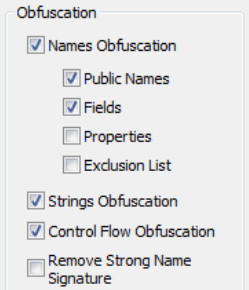As anticipated, I just finished my Dynamic C++ proposal. I’d like to thank my friend Quake2 for his support during the last month.
I wrote this document because I needed to express myself about this subject. Despite the fact that C++ is one of the most used programming languages, especially for serious projects, it gets much criticism for being messy, bloated, complicate etc. I believe these critics miss the point. Yes, C++ is a very powerful programming language and that’s why it is difficult. And this is also why sometimes C++ source codes are poorly written. I don’t believe in improvements of C++ resulting in a new programming language. All attempts in that direction have failed. I think that C++ is here to stay for many reasons. Not only because of the amount of code already available in C++, but also because at the moment there isn’t a better programming language for large projects. The only thing I want is for C++ to evolve, but not by losing compatibility with older code or by removing some features. No, I’d like C++ to evolve in a healthy and compatible way. This paper contains the suggestions to achieve this and I will demonstrate technically how it can be implemented at low level.
Everybody should be warned that the material contained in this paper is purely theoretical. The first idea behind this paper came out while working on a particular project. At the time I discovered myself in need of particular dynamic features. So, for many months I had some ideas in the background of my mind and decided eventually to write them down. So, in this paper I’m going to talk about the current status of dynamism for C++, why dynamism is important and what could be done. At the time of writing (November 2008) the new C++0x (or C++09) standard has not yet been introduced. However, I will talk about it throughout this paper when the related topic is affected by it.

